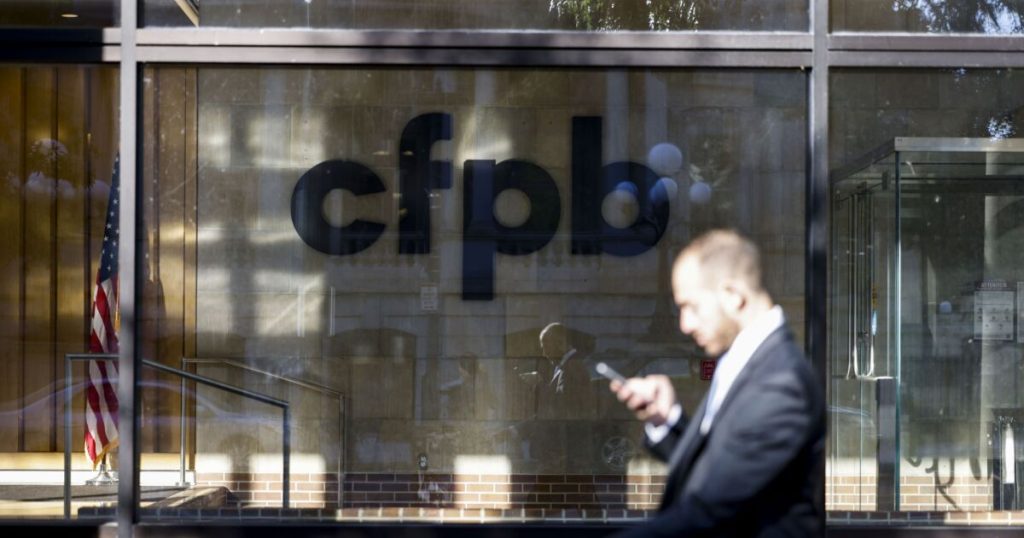In what could be good news for fintechs like Yotta, Juno and Copper that once worked with fintech middleware firm Synapse, the Consumer Financial Protection Bureau has said it may use its Civil Penalty Fund to refund end users — fintech customers who lost money as a result of Synapse’s bankruptcy last year.
Synapse, a Silicon Valley fintech, was a banking-as-a-service middleware provider. It connected fintechs with banks and provided ledgers that were supposed to track all the transactions going back and forth between fintechs and partner banks. When Synapse went bankrupt in April 2024, bankruptcy trustee and former Federal Deposit Insurance Corp. chair Jelena McWilliams found that up to $95 million of customer funds were missing. Since then, Synapse’s partner banks — Evolve, Lineage, AMG National Trust and American — have analyzed their records and returned some, but not all, money to these end customers.
In a statement of interest the CFPB filed Friday to the Central California bankruptcy court handling the Synapse case, the agency advocated for Synapse’s Chapter 11 bankruptcy to be converted to Chapter 7 rather than being dismissed.
“If the case is converted to Chapter 7 and the Bureau determines that Synapse did engage in unfair practices in violation of the CFPA, the Bureau will seek to negotiate a settlement, including a nominal civil penalty, with the Chapter 7 trustee, which may allow the Bureau to utilize the Bureau’s Civil Penalty Fund to provide redress to harmed consumers.”
According to the CFPB’s
The CFPB said there’s no guarantee that victims will be reimbursed through its fund.
“Whether and how much monetary relief victims receive depends on several factors, including how much money is available in the Fund and how any relief is allocated to victims,” the agency said in its statement.
The CFPB would need to impose a nominal $1 civil money penalty on Synapse before it could give victims money from the fund.
“By imposing a $1 civil penalty, even when a larger penalty might not be feasible due to the company’s financial situation, the CFPB ensures that the case is eligible for distributions from the Civil Penalty Fund,” the agency says on its website.
It’s not clear whether the CFPB intends to use the bulk of what is left in the Civil Penalty Fund to reimburse Synapse users. The CFPB did not immediately respond to a request for comment. Last week, the agency
“Many have criticized the move as ‘too little too late,'” Dara Tarkowski, managing partner at Actuate Law, told American Banker. “However, I’d rather approach this as ‘better late than never.’ The CFPB’s intervention appears very strategic and positions fintech customers for a potential recovery where none appeared to be available before from the bankruptcy estate, with relatively little legwork by the CFPB.”
The CFPB is intervening at a critical juncture, she said. Having the case converted to Chapter 7, rather than dismissed, maintains its ability to pursue claims and potentially compensate victims through the Civil Penalty Fund, even if Synapse’s estate has insufficient assets.
“We can do a ton of Monday-morning quarterbacking if we like, but action at this juncture is still better than no action and I hope the consumers adversely impacted by the Synapse mess have a path to be made whole,” Tarkowski said.

